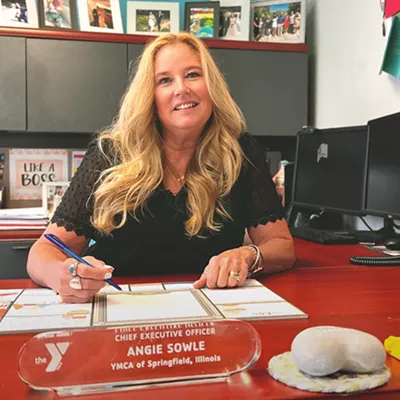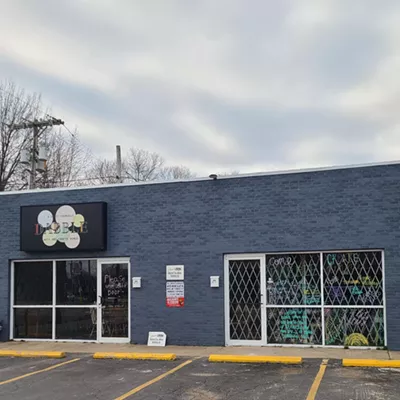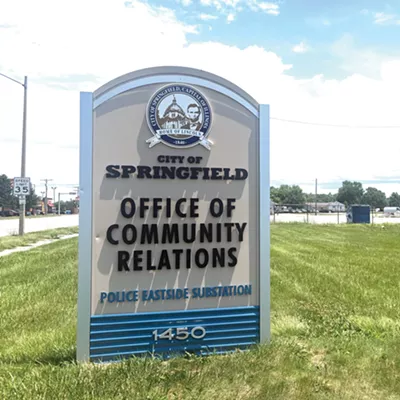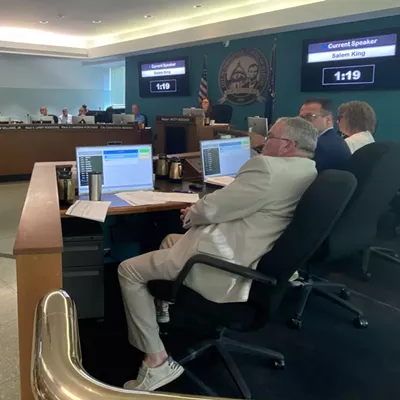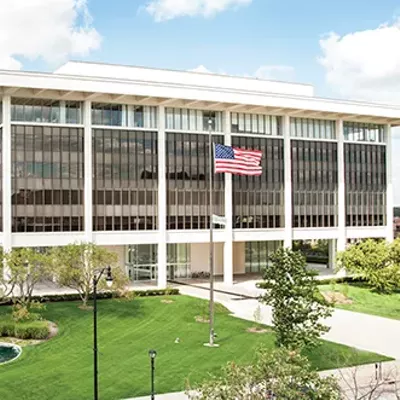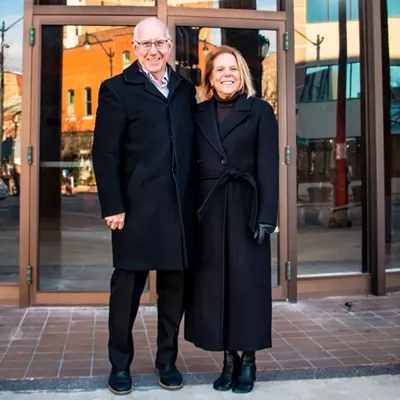By Scott Faingold, associate editor
Not long ago, I was at one of those semi-impromptu gatherings that only happen around the holidays – the kind distinguished by the spontaneous appearance of friends, only back in Springfield for a few days to see family, temporarily seeking decompression at a local tavern.
Two of those present were raised in Springfield but had since moved on to respective careers and lives in St. Louis and Boston. As is often the case, those of us currently living in Springfield were treating the expats with a certain implicit deference bordering on envy. Our Boston friend wasn’t having it, however. The bloom was apparently off the rose in Beantown – there were complaints of frustrating commutes and a generalized feeling of alienation combined with an exhausting vibe of competitiveness. Our St. Louis friend nodded along with this litany of woes. After long discussion, the somewhat depressing, beer-drenched consensus was that it is perhaps equally easy to have an unfulfilling life in a major metropolitan area as in a mid-sized city like Springfield.
Of course the less dire corollary to that conclusion is that it is also perhaps just as easy to have a fulfilling life in a town like Springfield as in a big city.
In his 2013 book David and Goliath, author Malcolm Gladwell makes the argument that quite often the very qualities people generally think of as advantages turn out to be just the opposite. The co-titular biblical giant’s size may have made him an intimidating foe but he was no match for a well-slung rock. Gladwell points out numerous examples of this kind of disparity between perception and reality, including surprising conclusions about school class size (turns out smaller isn’t necessarily better) and college education (turns out attending an Ivy League school can sometimes be a detriment to bright students who might excel in a less high-pressure environment).
Over and over in his book, Gladwell makes a compelling argument for the wisdom of choosing to be a big fish in a smaller pond as opposed to a small fish in a larger one. Which inevitably draws my thoughts back to Springfield.
I was raised here but spent the years between 1991 and 2010 mainly living in Chicago, with brief sojourns in Houston, Texas, and Madison, Wisconsin. I got a lot out of my years away but by the end of that period, I was exhausted and my life felt, in many ways, stuck in a kind of holding pattern. I had never pictured myself moving back to my hometown and when I decided to finish a long-neglected master’s degree from UIS, I was still far from sold on the idea of a settled life here. Five years on, however, I am thriving in a way that was frankly not even imaginable to me back in Chicago.
These days, when I hear the standard local lament about the inability of Springfield to motivate young people to choose to stay here, I can’t help but think of exciting recent developments in town such as the Sangamon CEO program (p. 8-9) and the cluster of exciting, youth-oriented businesses currently active in the Southtown neighborhood (see our February 2014 issue).
Despite what can feel like a prevailing local inferiority complex and general wisdom about the opportunities of the undifferentiated “big city,” it seems to me that, in many important ways, Springfield is the perfect place to be. Sometimes a smaller pond can be just the right environment.

